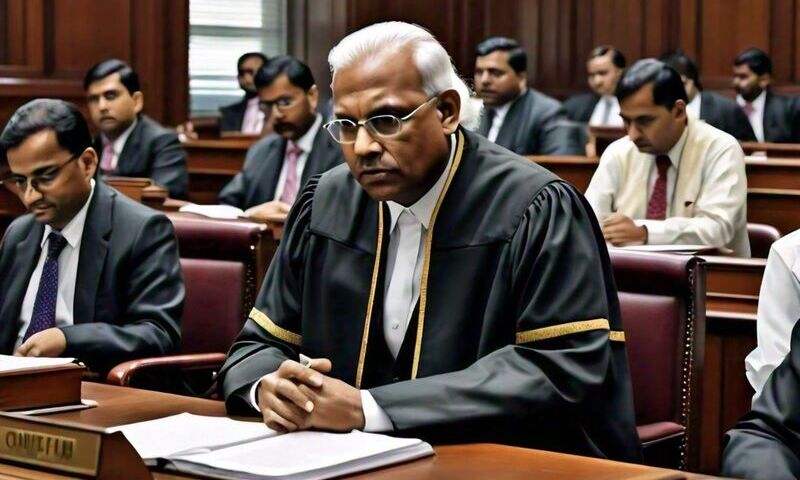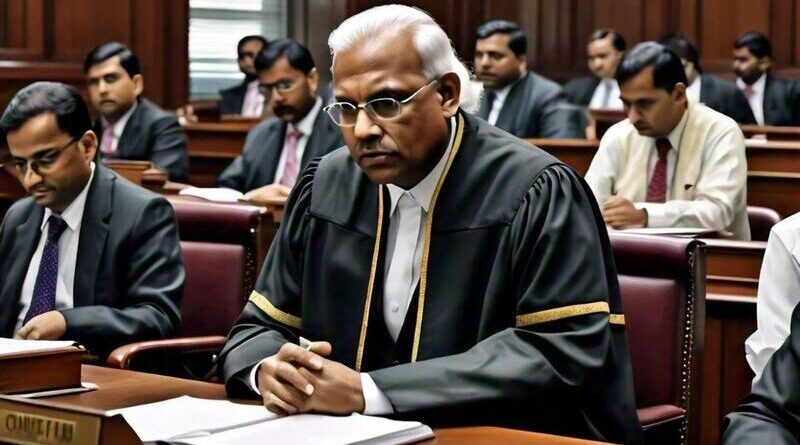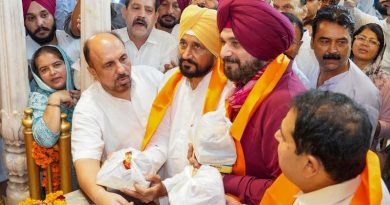ED Raids Former AAP Minister Saurabh Bhardwaj in Hospital Scam Probe Amid Dubious Bail Culture

ED Raids Former AAP Minister Saurabh Bhardwaj in Hospital Scam Probe Amid Dubious Bail Culture
Critics point to an alleged “bribe for bail” ecosystem, where intermediaries, including high-profile lawyers, purportedly facilitate deals between accused individuals and corrupt judicial elements to obtain favorable rulings.
By Rakesh Raman
New Delhi | August 26, 2025
New Delhi, August 26, 2025 – In a significant escalation of anti-corruption efforts, the Enforcement Directorate (ED) today raided the residence of Aam Aadmi Party (AAP) leader and former Delhi Minister Saurabh Bhardwaj, along with 12 other locations in the Delhi-National Capital Region (NCR) area. The operations, carried out under the Prevention of Money Laundering Act (PMLA) of 2002, are probing allegations of financial irregularities tied to a major hospital construction scam in the national capital.
The raids, which began early this morning, stem from an ongoing investigation into purported corruption in health infrastructure projects overseen by the Government of National Capital Territory of Delhi (GNCTD). Sources indicate that the probe focuses on claims of exorbitant cost overruns, illegal constructions, and the diversion of public funds.
This case builds on a previous complaint filed by the Anti-Corruption Branch (ACB) against Bhardwaj and former Delhi Health Minister Satyendar Jain, highlighting a pattern of alleged graft within the AAP’s ranks.
AAP leaders have vehemently denied the charges, labeling the ED’s actions as politically motivated harassment by the Bharatiya Janata Party (BJP)-led central government. Party spokespersons argue that the timing of the raids is intended to distract from governance failures and suppress opposition voices ahead of upcoming elections.
“This is nothing but a vendetta against AAP’s fight against corruption,” one senior AAP member stated, emphasizing that the original ACB case was initiated before Bhardwaj assumed his ministerial role.
RELATED RMN NEWS REPORTS
[ US SEC Faces Obstacles Serving Summons in Adani Bribery Case ]
[ International Anti-Corruption Court: A Noble Idea Stalled by Bureaucratic Inertia ]
[ 🔊 भारत में भ्रष्टाचार और “जमानत के लिए रिश्वत” के मामले: ऑडियो विश्लेषण ]
Bhardwaj, a prominent AAP figure and former minister in the Delhi government, joins a list of high-profile party leaders facing similar scrutiny. Notably, AAP supremo Arvind Kejriwal, former Deputy Chief Minister Manish Sisodia, and Satyendar Jain have all been embroiled in separate money laundering and corruption cases related to the Delhi Excise Policy scam, yet each has been granted bail in recent months. This development underscores broader concerns about accountability within the opposition party, which rose to power on an anti-corruption platform.
Bribe for Bail Culture in Indian Judiciary
Beyond the immediate allegations, the raids have reignited debates over India’s evolving “bail culture,” where influential politicians and business tycoons often secure release despite serious accusations, raising questions about judicial impartiality.
Critics point to an alleged “bribe for bail” ecosystem, where intermediaries, including high-profile lawyers, purportedly facilitate deals between accused individuals and corrupt judicial elements to obtain favorable rulings.
The RMN News report highlights how the legal maxim “Bail is the rule, jail is the exception” appears selectively enforced, benefiting the powerful while ordinary citizens and activists languish in detention.
For instance, student activist Umar Khalid has been denied bail at least 14 times over five years in connection with the 2020 Delhi riots case, while Sikh leader Amritpal Singh has remained incarcerated for more than two years without trial, allegedly due to their criticism of the central and state governments.
In contrast, numerous politicians across party lines have swiftly obtained bail:
Congress leaders Rahul Gandhi and Sonia Gandhi were granted bail in the National Herald case by a Delhi court on December 19, 2015.
Chidambaram (Congress) received Supreme Court bail in the INX Media case on December 4, 2019.
D.K. Shivakumar (Congress) was bailed out by the Delhi High Court on October 23, 2019, in a money laundering probe.
Jharkhand Mukti Morcha’s Hemant Soren got bail from the Jharkhand High Court on June 28, 2024, in a land scam.
AAP’s Arvind Kejriwal was awarded interim bail twice in 2024 before regular bail on September 13 by the Supreme Court in the excise policy case.
Manish Sisodia (AAP) secured Supreme Court bail on August 9, 2024.
Satyendar Jain (AAP) was released on bail by a Delhi court on October 18, 2024.
Sanjay Singh (AAP) obtained Supreme Court bail on April 2, 2024.
Rashtriya Janata Dal’s Lalu Prasad Yadav was bailed by the Jharkhand High Court on April 17, 2021, in the fodder scam.
Tejashwi Yadav, Rabri Devi, and Misa Bharti (RJD) received bail in the land-for-jobs scam from a Delhi court in 2024.
NCP’s Nawab Malik was granted bail on medical grounds by the Supreme Court on July 30, 2024, in a money laundering case.
Observers note that once bailed, these figures rarely face further incarceration, treating bail as a de facto acquittal. Reports also allege luxurious perks for jailed politicians, including spa-like treatments, further eroding public trust in the system.
India’s global corruption perception ranking has deteriorated, with Transparency International’s latest index placing the country at a concerning low, amid calls for judicial reforms to ensure equitable application of the law.
As the ED continues its searches, recovering documents and digital evidence, the political fallout could intensify tensions between AAP and the central administration. Bhardwaj’s team has vowed to challenge the raids legally, insisting on his innocence and demanding a fair probe free from political interference.
By Rakesh Raman, who is a national award-winning journalist and social activist. He is the founder of a humanitarian organization RMN Foundation which is working in diverse areas to help the disadvantaged and distressed people in the society.
In order to inform the Indian citizens and the global community about the extent of corruption in India, he compiles “India Corruption Research Reports”. In his anti-corruption activities, he participated in a global petition led by Germany-based international organization Transparency International to call for the UN General Assembly Special Session against Corruption, UNGASS 2021, to direct all countries to set up central, public registers of beneficial ownership.
He runs a community-driven anti-corruption social service “Clean House” to help the residents of Delhi raise their voice against the growing corruption and injustice in housing societies where millions of people suffer because of rampant corruption and lawlessness. He also produces The Integrity Bulletin to cover global corruption cases.
💛 Support Independent Journalism
If you find RMN News useful, please consider supporting us.




